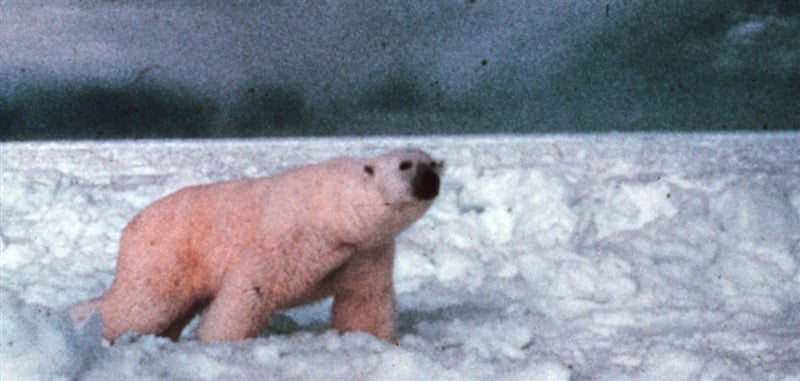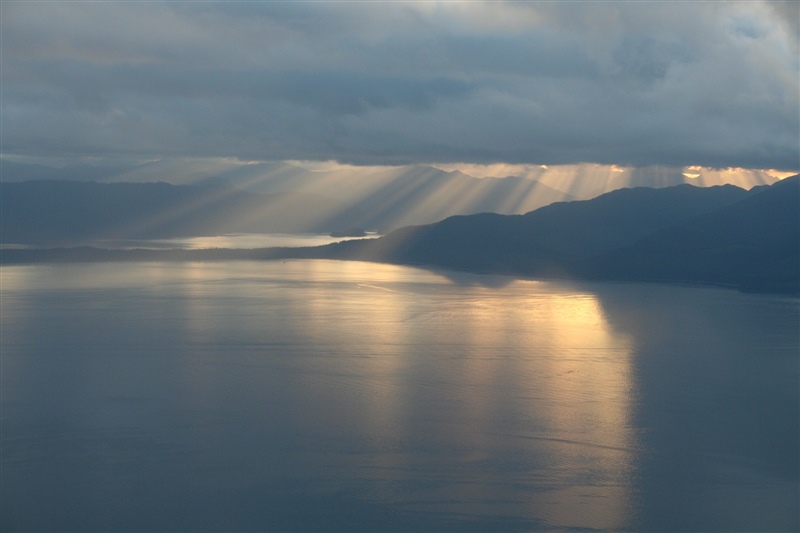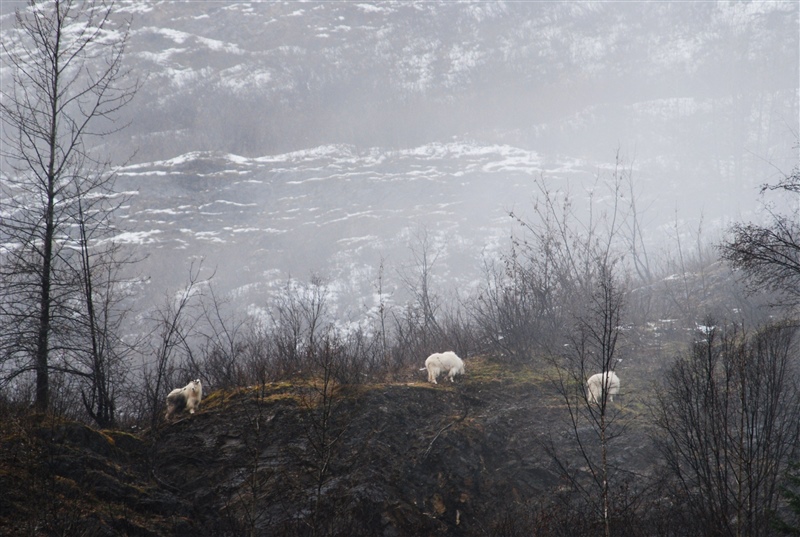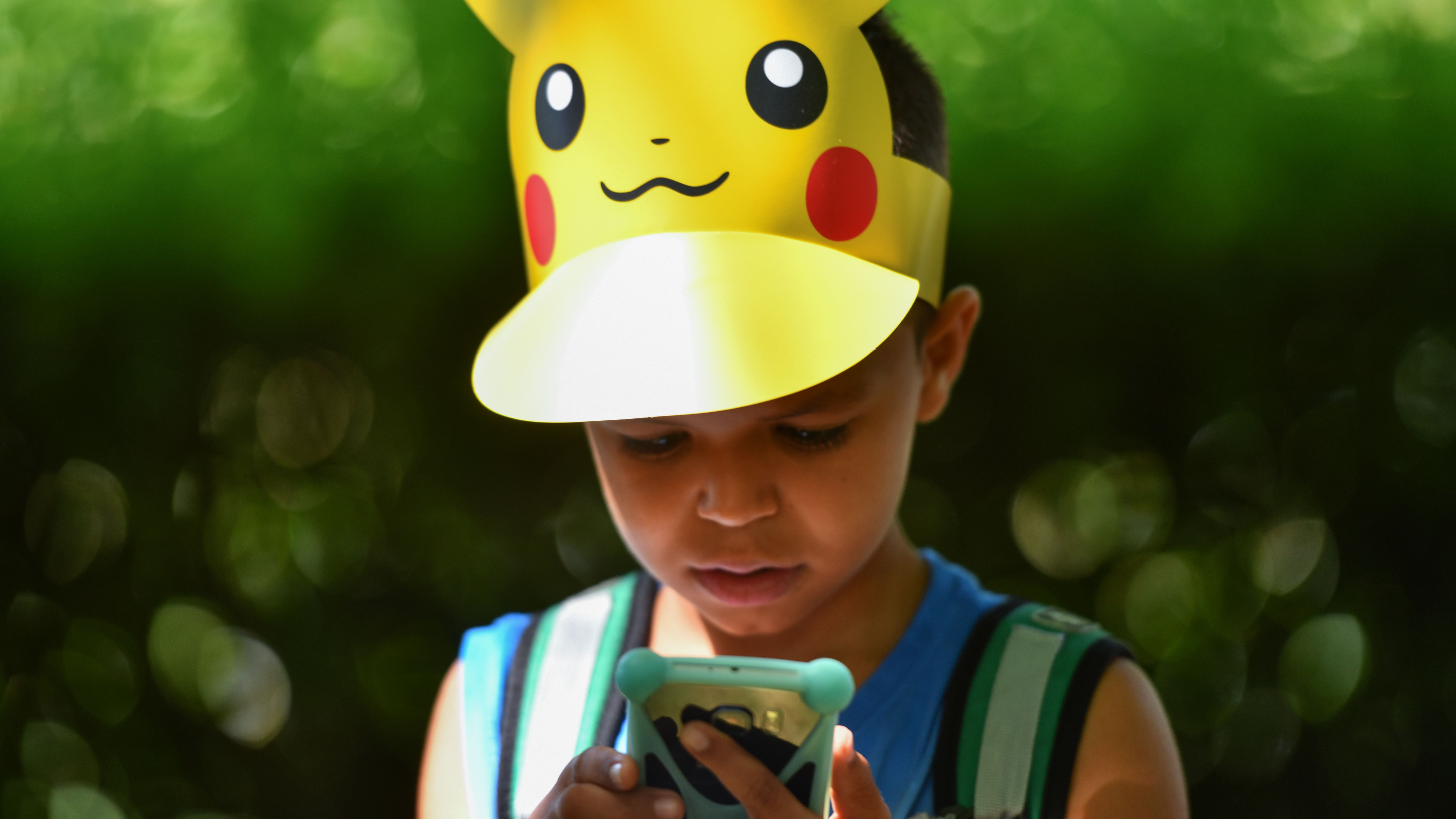In 2022, there has been reason for hope, as nations of the world made halting but promising progress on climate policy, and reason for fear, as next-level climate disasters crippled whole countries and threatened to overtake our scant progress. If you are discouraged or despairing when it comes to climate change and the future, you’re not wrong, this is not the fight we signed up for, but it’s the fight we face and, in that fight, I believe there’s more to hope, even your own, than meets the eye.
Here on this blog, UCS staff write about science, equity and solutions. But finding words that reach, move and inspire people gets harder as things grow more dire and people grow more weary. The inspiration for this piece (and the companion blog) was the IPCC 1.5 ºC report, the latest scientific warning at the time that forced my bare-bones encounter with my own hope and led me to find that, stripped down to its essence, “hope” is not what I thought—like learning the commonest element has had astonishing properties all along.
Breaking with convention here on The Equation, this post is a love letter: words of commiseration for when we’re at our darkest, but also appreciation, affirmation and support to anyone struggling with hope for our climate future.
My weary friends, may your miraculous hope hold you up and charge us forward in 2023 and always.
It was the reefs at first. I can see your face:
kaleidoscopic dreamscapes of infinitesimal
architects. This biologic blockbuster
now breaking, now falling.
You said: tell me there’s another galaxy with coral.
It was the bears too
but you don’t say so. Apex beasts in white,
prowling the ice at the top of the world
(You said: Milky Way, top that) are a done deal and
somehow cliché, so you spare yourself the mocking
of your broken child heart.
 Polar bear on the ice in the Beaufort Sea, Alaska, 1959. Credit: Ardo X. Meyer (NOAA)
Polar bear on the ice in the Beaufort Sea, Alaska, 1959. Credit: Ardo X. Meyer (NOAA)It was them and the rest and suddenly was everything
that makes the world shimmer and always made you know
why you came here from dark nothing.
You once walked through a world of wounds
but wounds are for healing.
You now walk through a world of ghosts
half not yet knowing they are the dead.
(Until the gold toad climbs from the cloud forest muck to chirp
his springtime call and no one in the wide world answers.
You said: then he knows, and I glimpsed a ghost of you.)
You felt it grow thin. You started to grieve, to rage
and sometimes to panic, looking for the door or the
way off this ride.
You felt it tear.
And suddenly it was too late.
Those fights, long and frantic, were
over and lost.
And then you didn’t feel it at all.
It was gone.
Sublimated from your soul like vapor from
ancient ice.
But listen:
Hope is not easily lost.
 Chichagof Island, Alaska, 2006. Credit: Aleria Jensen (NOAA)
Chichagof Island, Alaska, 2006. Credit: Aleria Jensen (NOAA)In English they say “hope springs eternal.”
In Russian it’s “hope dies last.” It’s the same unbidden pulse.
In this world, if you love anything,
you hope. You move. You press. You keep.
You don’t even get to decide.
You can watch the leaves fall from your hope:
a bird here, a town there; a glacier, its river, their people.
Sometimes you learn of it on the radio, in thick traffic and
you urgently scan the fuming hardscape for
something to make sense.
Sometimes you know because you wait
in season, in place, and it never arrives,
arrested en route.
And the leaves fall until all hope’s branches
are beautiful bones before
the gathering sky.
But don’t be fooled:
There’s more to hope than that.
However weak you see it, or dead you think it, or hard you mourn it,
this hope thing
endures in the dark
where deep roots sense scorched earth
and, blind and silent, but with the unrelenting
green-fuse force of life dig deeper still.
 Mountain goats in Glacier Bay area, Alaska. Credit: Ensign Patricia Raymond (NOAA)
Mountain goats in Glacier Bay area, Alaska. Credit: Ensign Patricia Raymond (NOAA)However frail you think it, whatever name you call it,
hope will not—can not quit.
It relinquishes, shapeshifts, detaches
from the object of its desire.
And hews only but so closely
to its driving spark.
And therein lies hope’s unstoppable power:
If you love—anything—you hope.
Not for this, not for that. That was then.
Your hope has since mutated and evolved.
You stopped saying: I’m going to have to
hope for the best.
Now, you say: I’m going to have to
fight like hell.
And that’s the bad news. You’re going to have to
fight like hell without hope of simple winning.
There’ll be no winning when so much is lost.
There’s only what remains.
But look: It’s still beautiful.
I’ll fight for that.
Whatever you fought for, whoever’s in your locket,
the fight is now for what is left.
That is all.
And that is everything.
And you, my weary friend, will never stop.

 1 year ago
85
1 year ago
85


